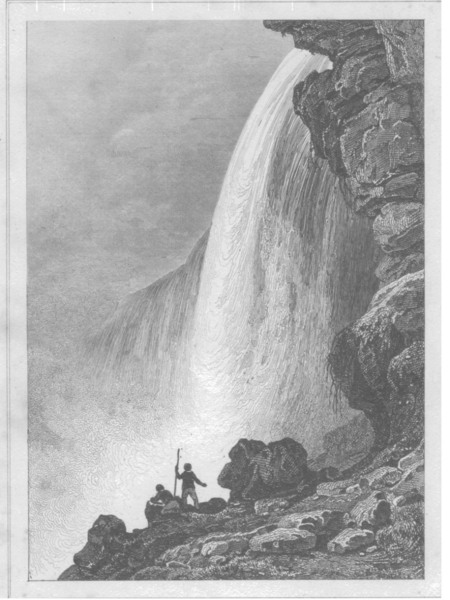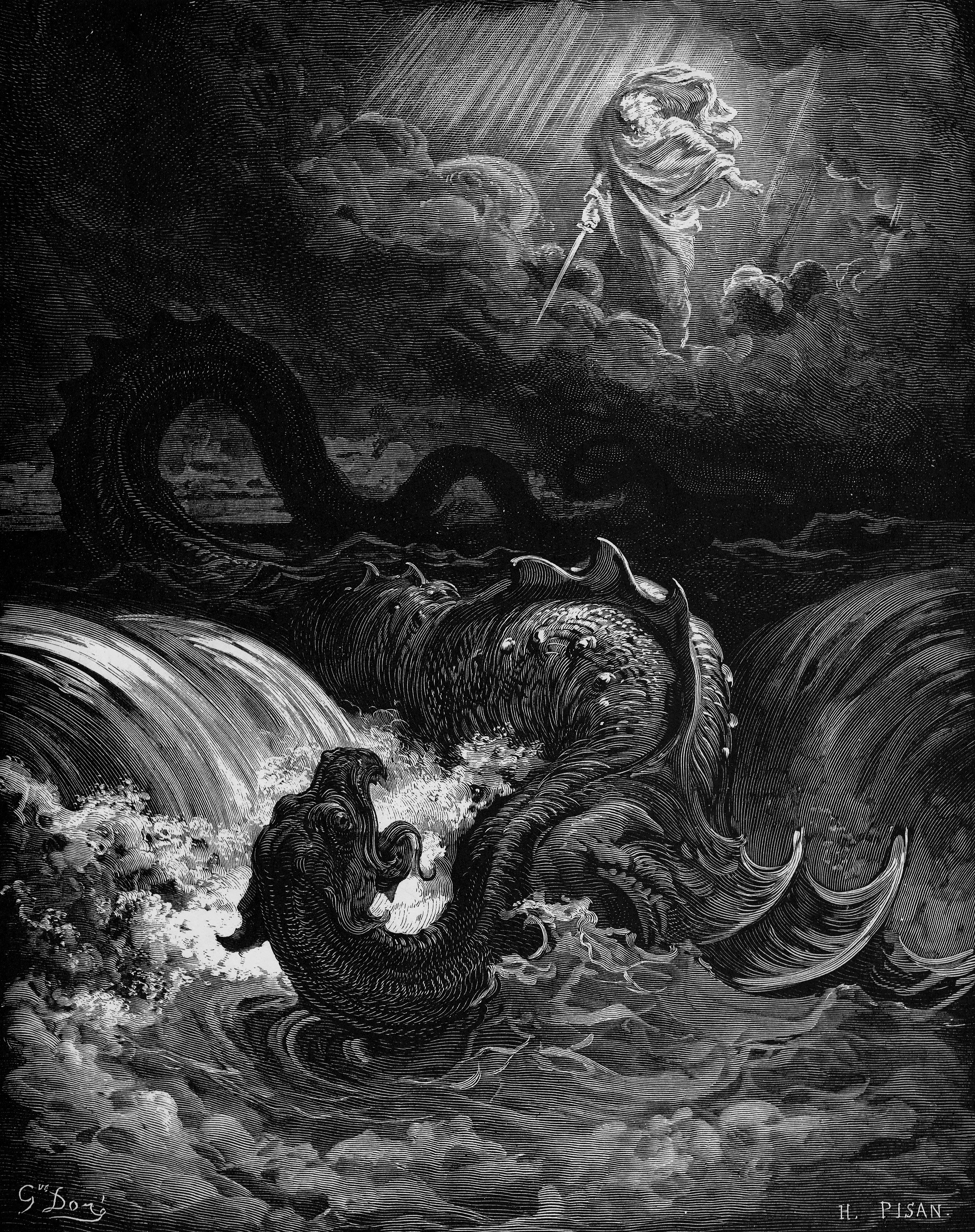after sore wrestlings in his berth, Jonah's prodigy of ponderous misery drags him drowning down to sleep.This is from Father Mapple's sermon - not an especially renown line. That's part of my point. Greatness is made up of an accumulation of the little things as well as the big ones. We talked about the single word "bosky" in a previous blog, so now let's just focus this one line. Don't just read it. Repeat it. Say it aloud. Listen to the poetry in it. Hear each R in the phrase "after sore wrestlings in his berth," and then listen to how they again reverberate in "ponderous misery drags him drowning..."
Good, isn't it? Yet you hardly notice because it's surrounded by so much that's equally good. You quickly become jaded when reading Moby-Dick, as if you've stumbled into a flooded treasure room. "What," you think, "another diamond-studded bracelet? Ho-hum. Let's move on. I think there's a golf-ball sized pearl here somewhere."
Stop and savor that bracelet just a second. Sure, there's plenty of grand drama, satire, symbols and metaphysics in The Whale, but it's the poetry that holds it all together. It's the sheer fucking, fabulous poetry that's so bitterly difficult to capture in cinema, which is why no movie version has come close to capturing the essence of the novel.
Teachers, don't show any movie version in the classroom. Not even the best of them (which is clearly the 1956 version directed by John Houston, starring Gregory Peck and written for the screen by Ray Bradbury) holds a candle to the book. Movies just can't do it in this case, though it's not their fault. No, blame (and celebrate) the music of the language.









